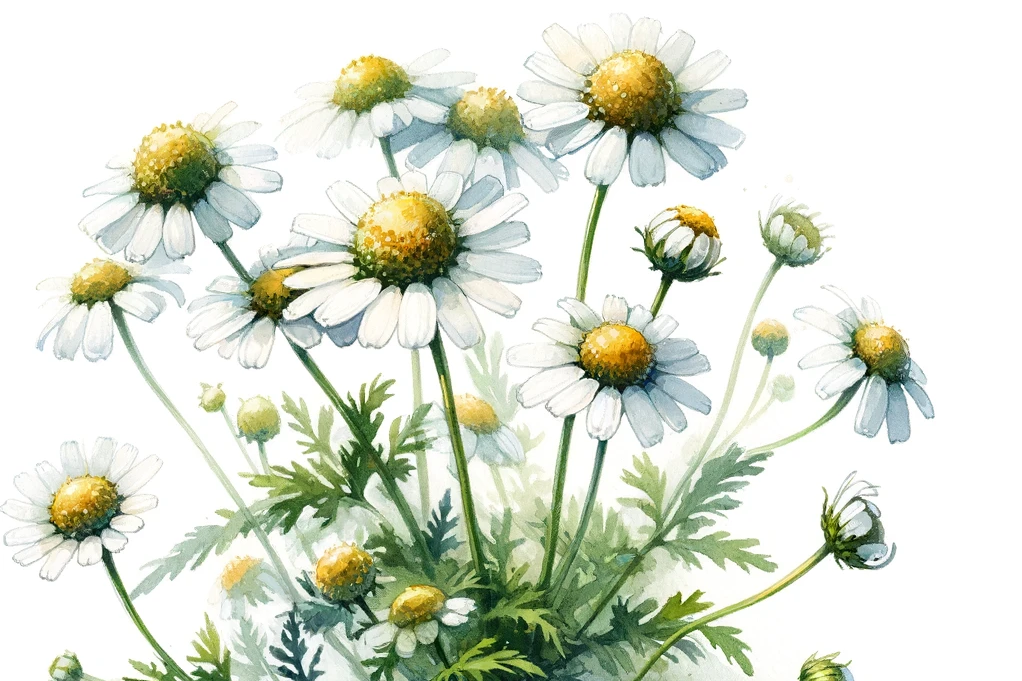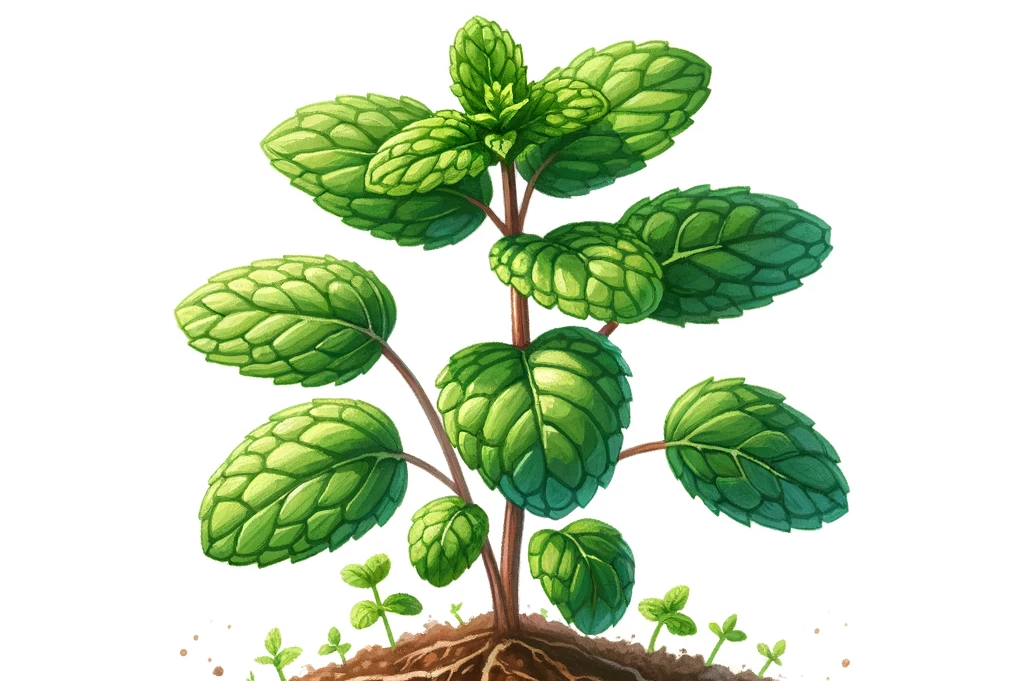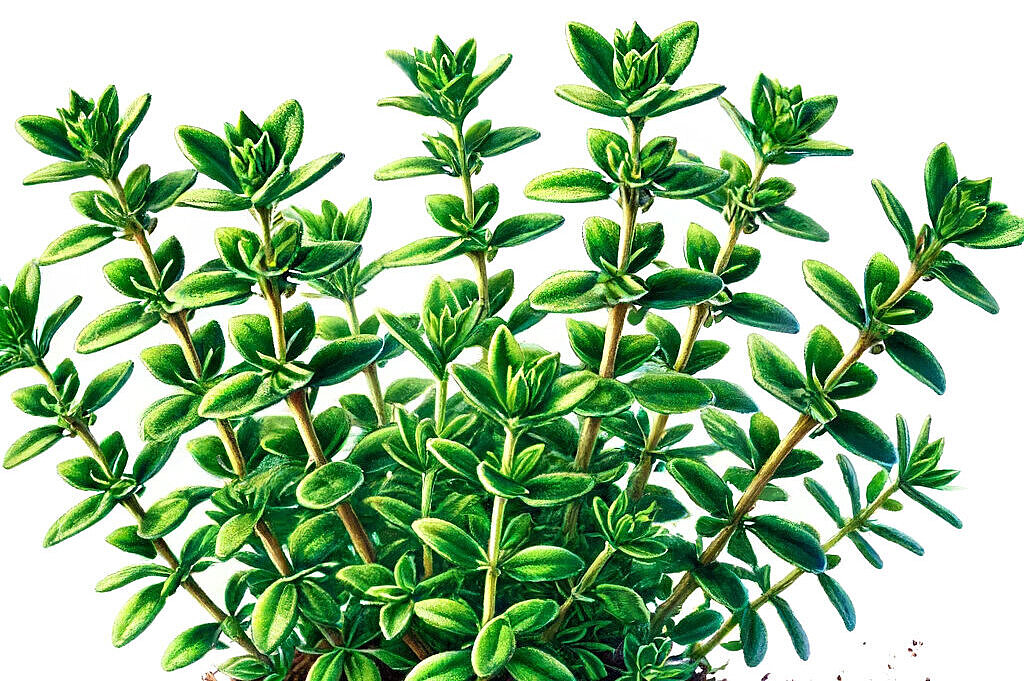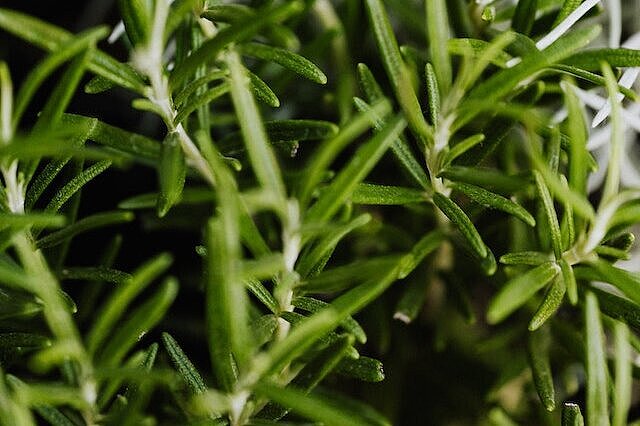Herb plants
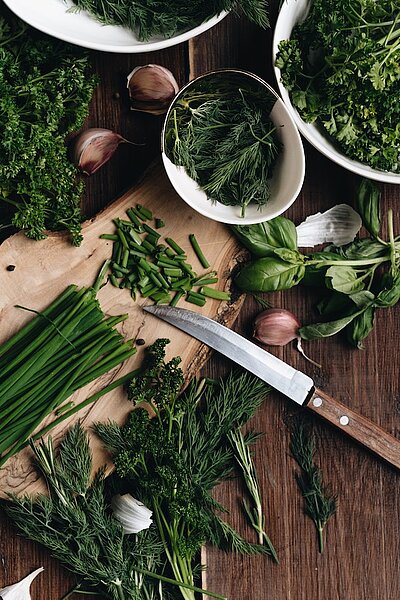
You may have heard of herbal plants that are said to be healthy and beneficial for dogs. But what are herbal plants and how can you use them for your dog? In this article, you'll learn everything you need to know about herbal plants in relation to dogs.
What are herbal plants?
Herbal plants are plants that have a high content of essential oils, vitamins, minerals or other active substances. They are often used in the kitchen or in naturopathy to improve taste or health. Herbal plants can be fresh or dried and processed as tea, tincture, oil or powder.
Which herbal plants are suitable for dogs?
Not all herbal plants are suitable or tolerated by dogs. Some can even be poisonous or allergic. That's why you should always do your research before giving your dog herbal plants. Here are some examples of herbal plants that are suitable for dogs:
- Chamomile: Chamomile has a calming and anti-inflammatory effect. It can help with gastrointestinal complaints, skin irritations or nervousness.
- Peppermint: Peppermint has a refreshing and antispasmodic effect. It can help with nausea, flatulence or bad breath.
- Thyme: Thyme has an antibacterial and expectorant effect. It can help with coughs, bronchitis or infections.
- Parsley: Parsley has a diuretic and blood-purifying effect. It can help with kidney problems, bladder infections or bad breath.
- Sage: Sage has a disinfectant and antiperspirant effect. It can help with sore throats, inflammation of the gums or hot flushes.
How can you give your dog herbal plants?
There are various ways in which you can give your dog herbal plants. The simplest is to mix them into their food or offer them as a treat. You can also make a tea from the herbs and add it cooled to the drinking water or spray it on the coat. Another option is to make an oil from the herbs and massage it into the skin or coat. Or you can make a tincture from the herbs and give it drop by drop into the mouth or apply it to a wound.
What are the benefits of herbal plants for dogs?
Herbal plants can have many benefits for your dog's health and well-being. For example, they can
- strengthen the immune system
- promote digestion
- make breathing easier
- care for the skin
- lift the mood
- alleviate pain
- heal wounds
What are the disadvantages of herbal plants for dogs?
Herbal plants are not always harmless or safe for dogs. They can also have some disadvantages or risks. For example, they can
- trigger allergic reactions
- Interact with medication
- cause overdoses
- cause poisoning
- have undesirable side effects
Herbal plants can be a great addition to your dog's diet and care. They can help him stay healthy and happy. But you should always do your research.
Properties 3
Are you looking for other ingredients with a specific property?
Just click on them to find more.
If you notice any signs of hypersensitivity or poisoning in your dog, you should see your vet immediately. We are not a substitute for a vet, but we try to be as accurate as possible. Every dog reacts differently and we recommend you get a second opinion or consult your vet if in doubt.
Stay healthy and take good care of your four-legged friend!😊
Similar to Herb plants
Chamomile is a plant from the composite family that is mainly found in Europe, Asia and Africa. It has white flowers with a yellow center that exude a pleasant fragrance. The flowers are dried and...
Peppermint is a perennial plant from the labiate family. It has green leaves with serrated edges and purple flowers. It grows in temperate climates and can reach a height of up to one meter....
Thyme belongs to the labiate family and grows mainly in the Mediterranean region. It has small green leaves and pink or white flowers that attract many bees. Thyme contains essential oils such as...
Rosemary is a spice plant that is widely used in Mediterranean cuisine. The plant has small, needle-shaped leaves and an intense, woody taste and smell. Rosemary is often used as a spice in meat and...
